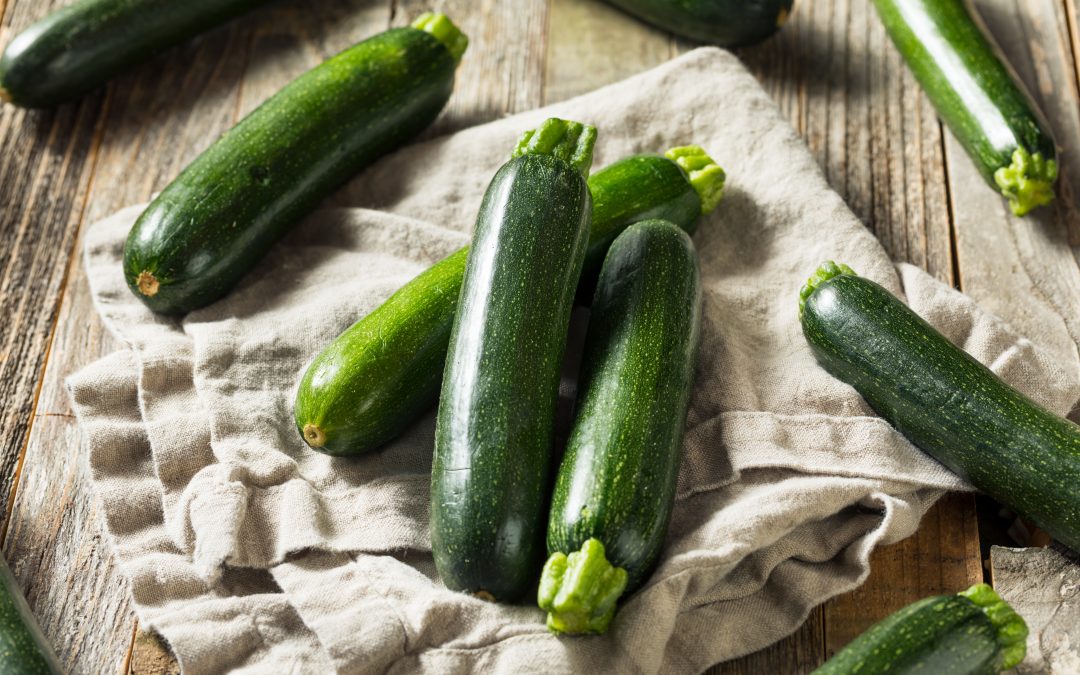For starters, just the word “zucchini” sounds good. Including it in your diet is simple and beneficial. This summer squash may be near the end of the alphabet, but it should be near the top of your shopping list due to its high fiber content, nutrient rich content, and versatility in cooking.
Interesting Information About Zucchini
- Bananas and potatoes are obvious choices for a potassium boost, but zucchini is often overlooked. You can get 512 milligrams of this vital nutrient from a medium zucchini with its skin on. Russet potatoes with its skins on have 610, while a banana has 375. Potassium helps maintain normal neuron and cardiac function.
- Summer squash is another name for zucchini, whereas the British call it courgette. Whatever you want to call it, it’s a close relative of the watermelon. Zucchinis, like their close relative the watermelon (92% water), are extremely hydrating.
- While Giovanni Scozzafava may hold the record for the largest zucchini ever grown at 8 feet, 3 inches in length, the best tasting and most tender zucchini are those that are 6-8 inches in length and less than 2 inches in diameter.
- Air fried, steamed, or stuffed with cheese, zucchini flowers are another tasty part of the plant.
- Pick zucchini with skin that is firm, shiny bright skin. Find one that looks hefty for its size. You may keep them in the fridge for up to three days if you put them in a plastic bag.
- Caramelizing zucchini on the grill adds a lot of flavor without making the vegetable soggy. It’s simple to spiralize into “noodles” that can stand in for carb-laden pasta in a variety of recipes.
- Zucchini, like bell peppers, is one of the most versatile vegetables we have because it can be cooked or eaten raw.
